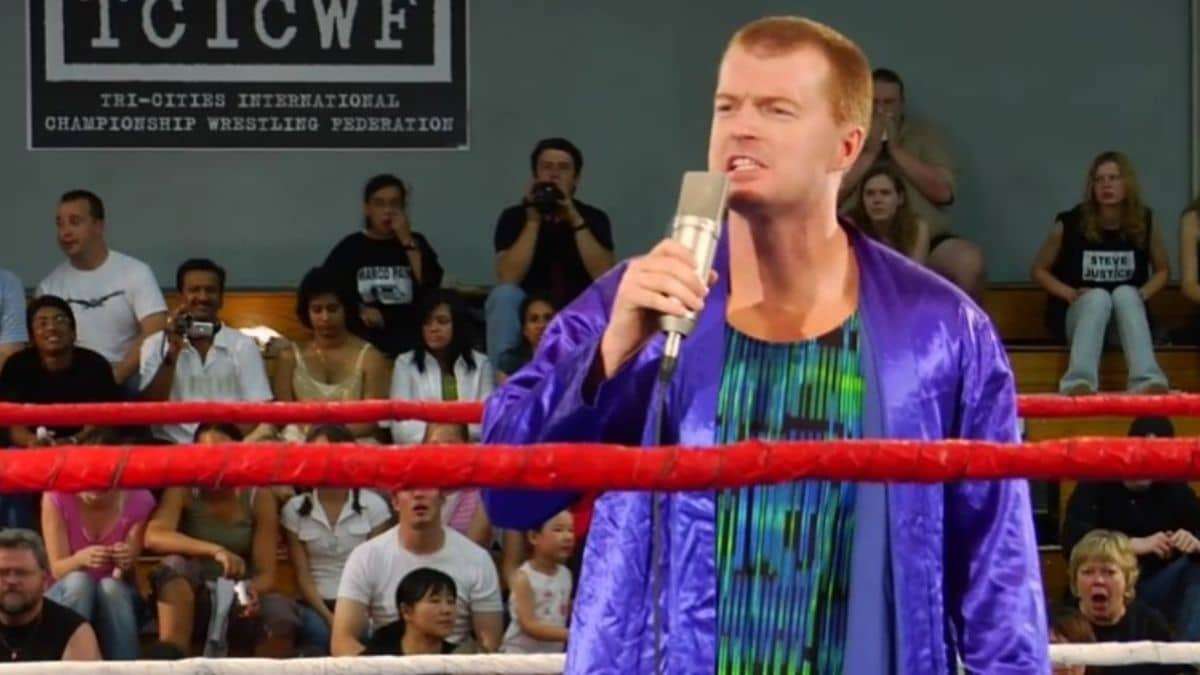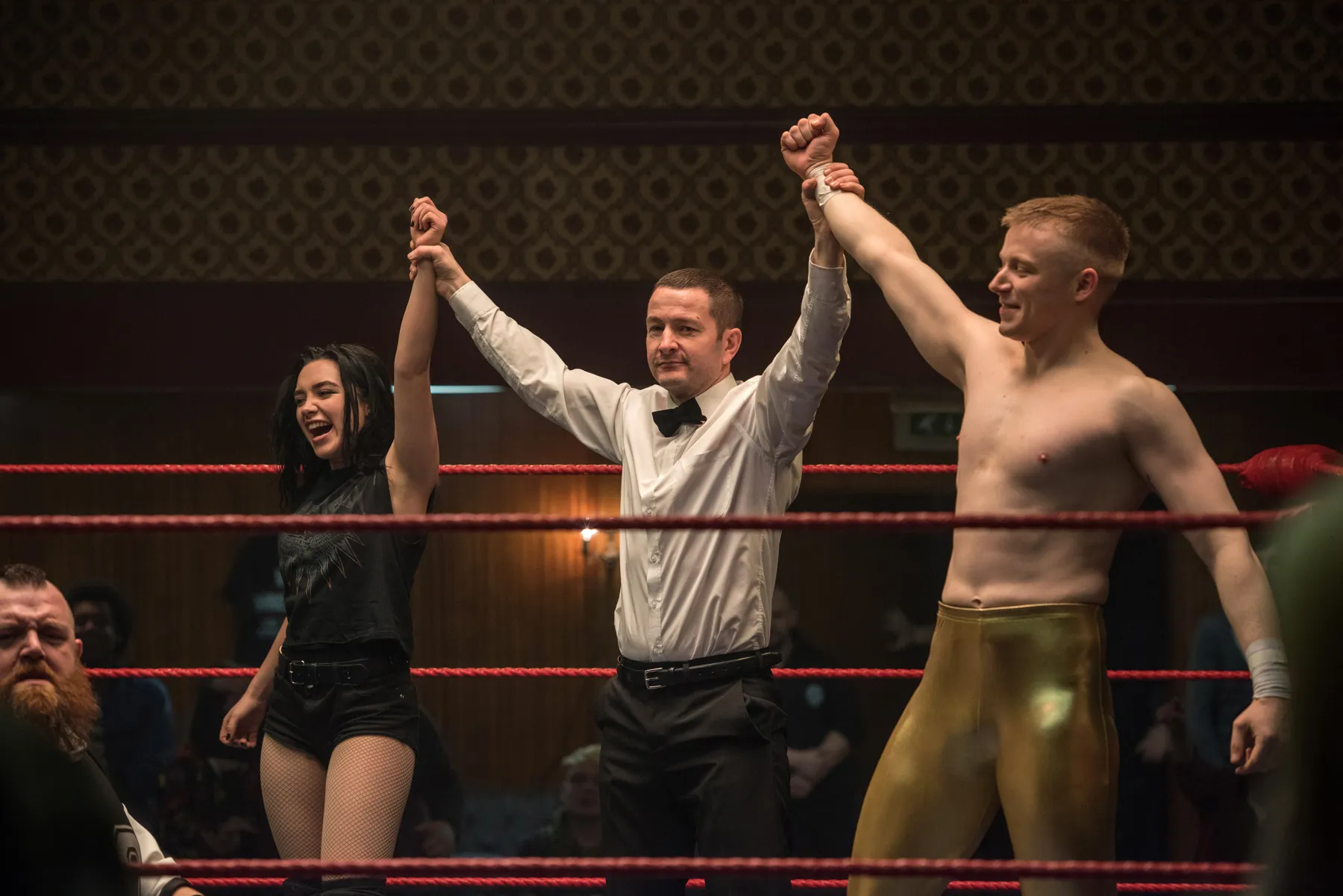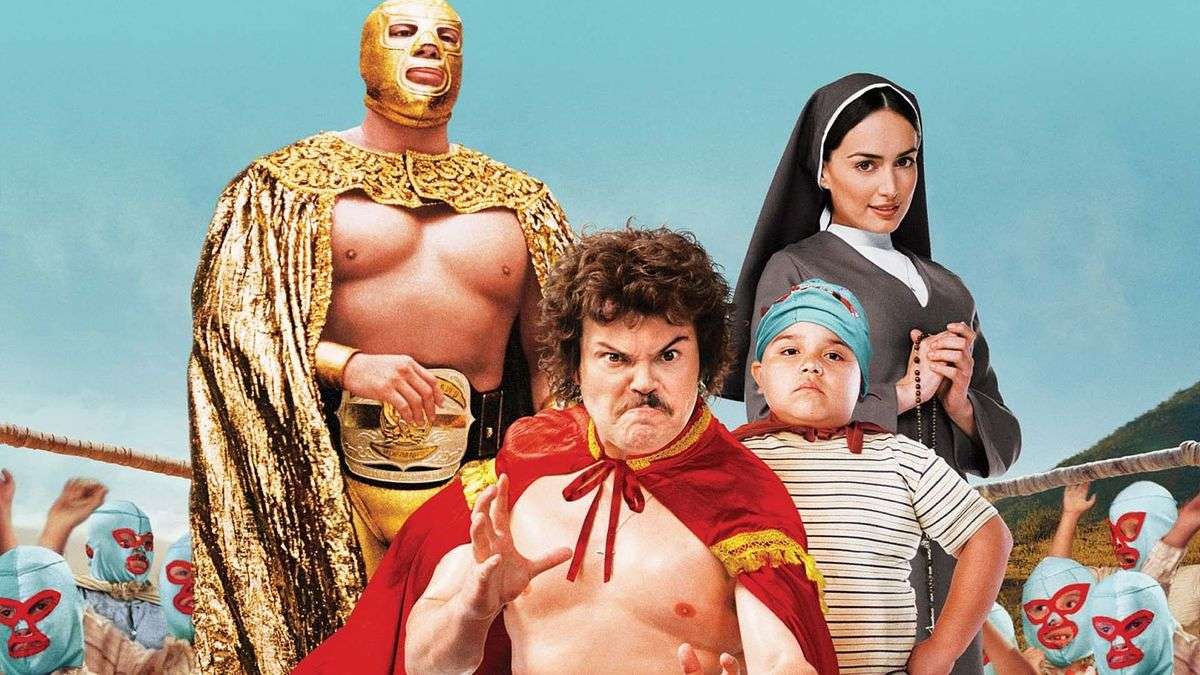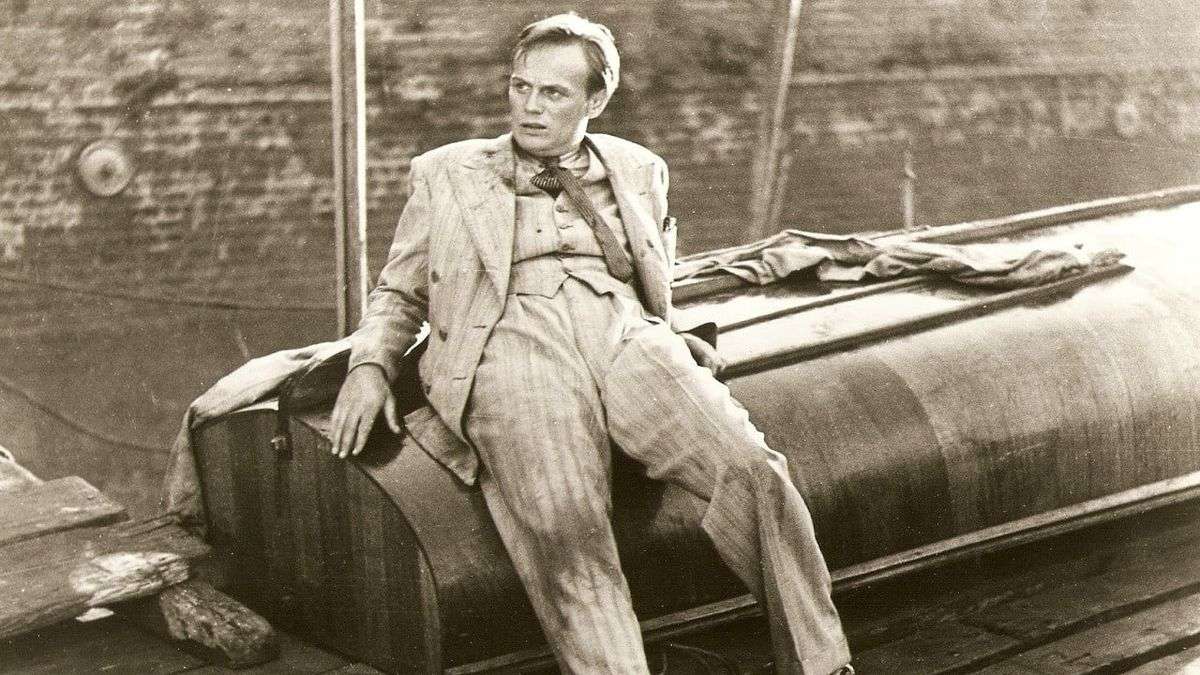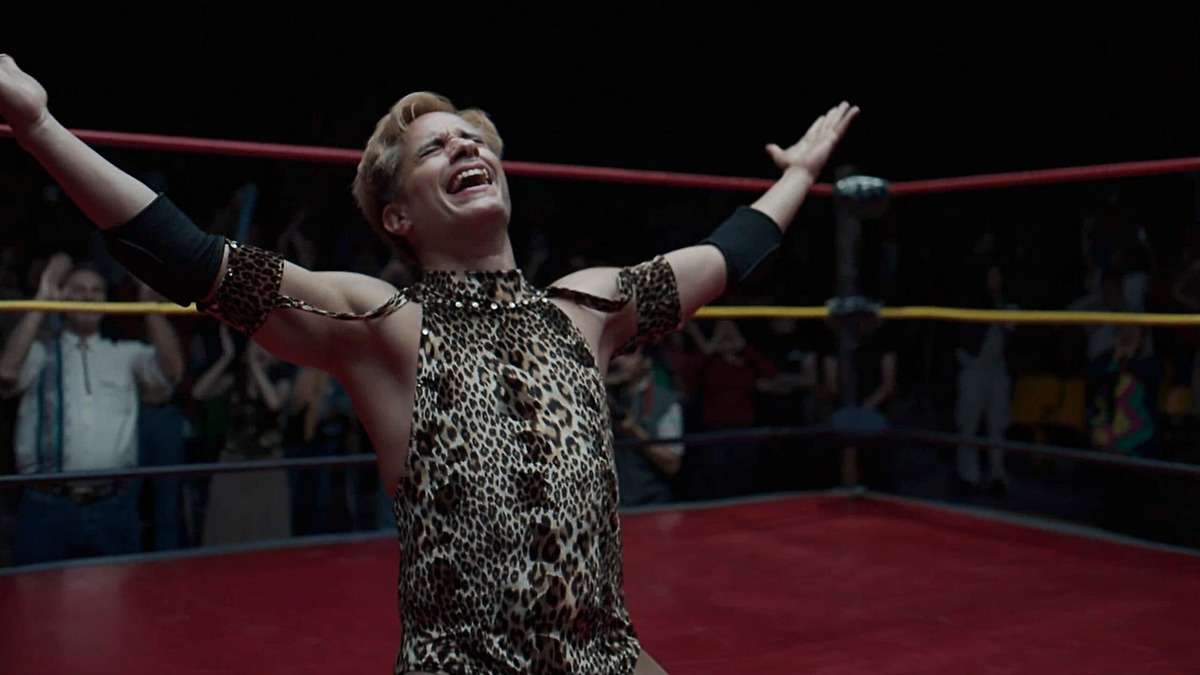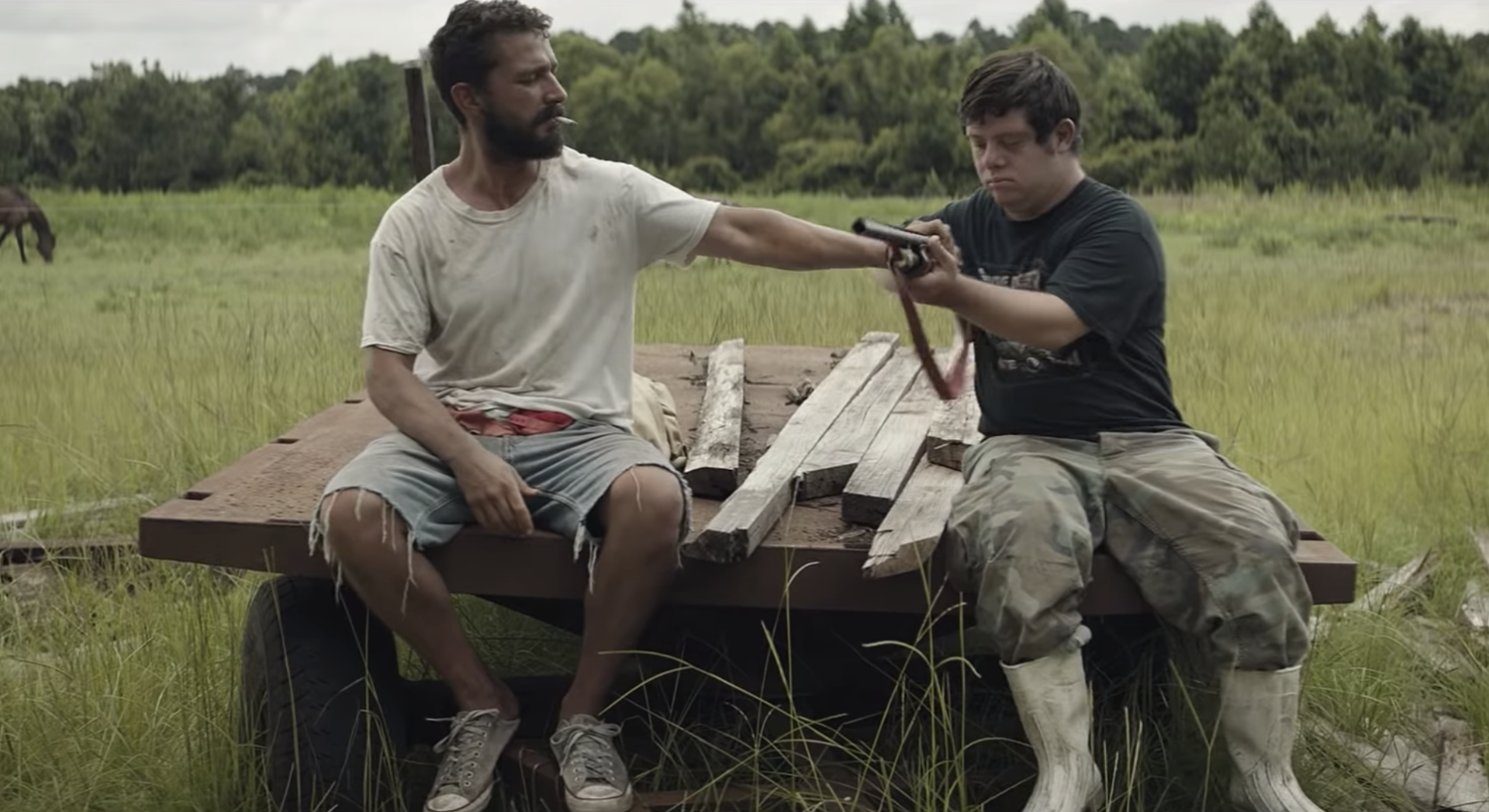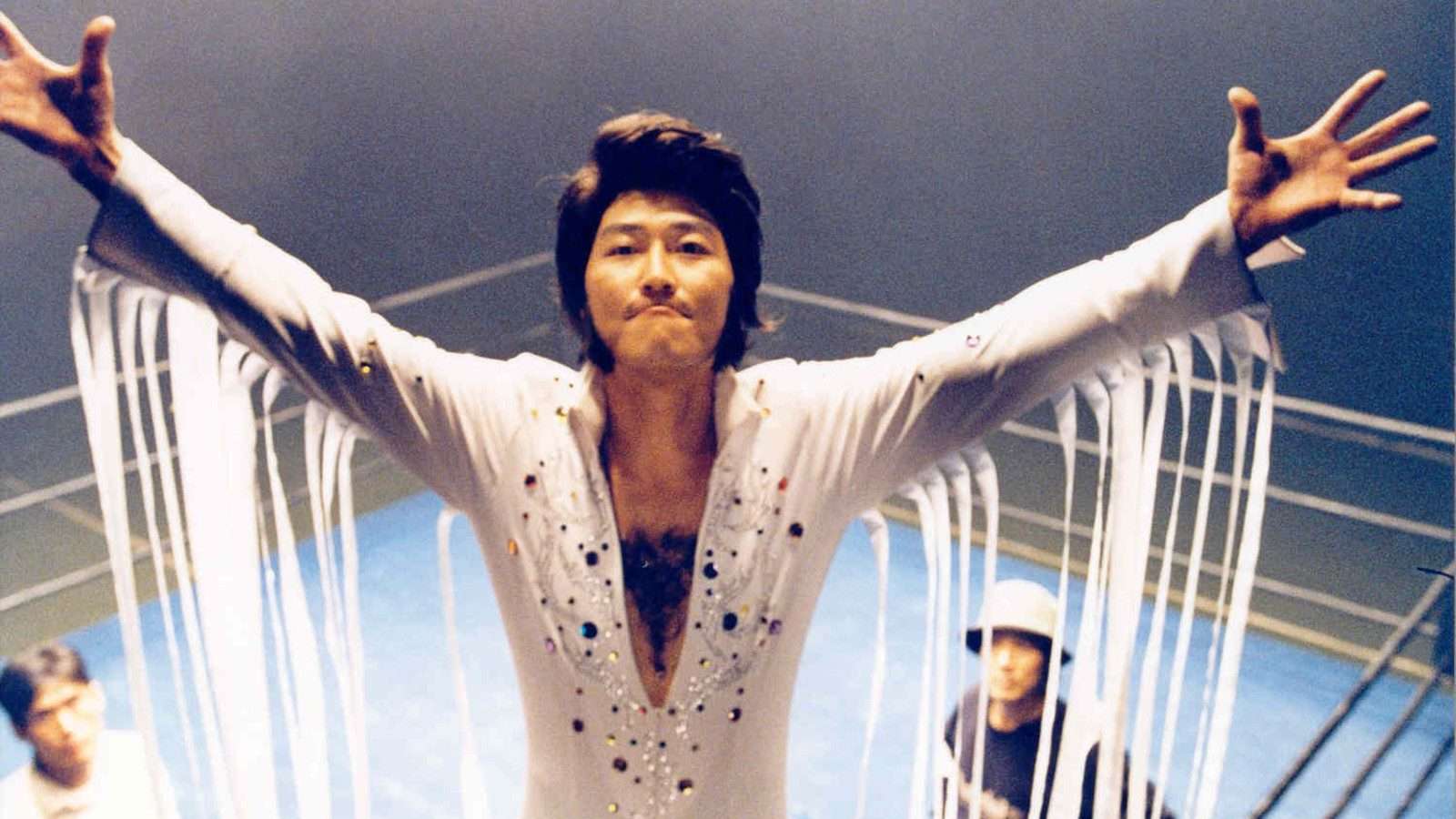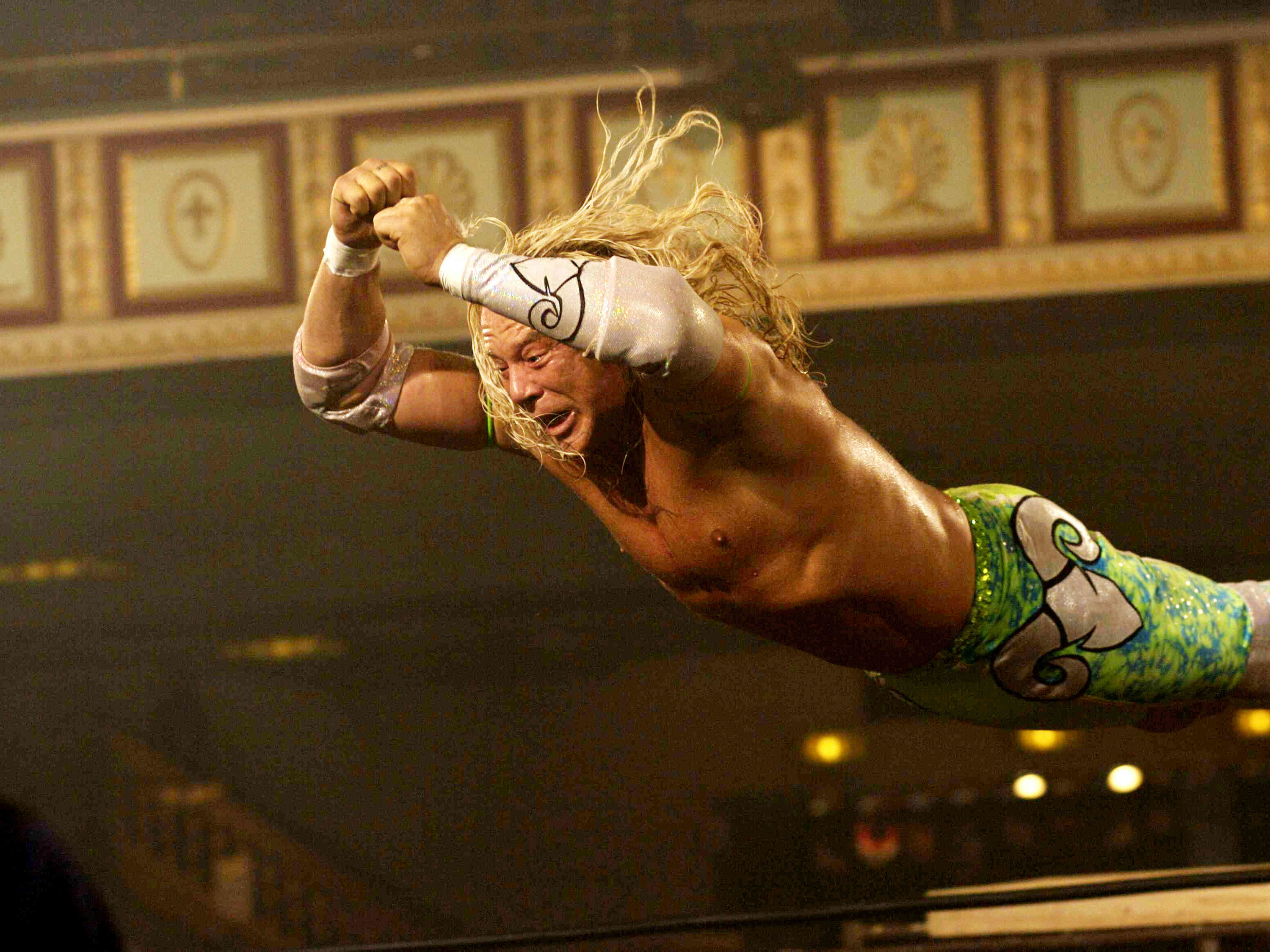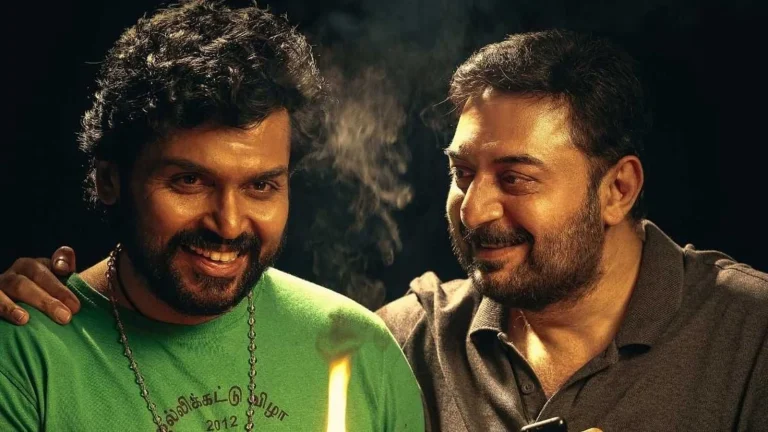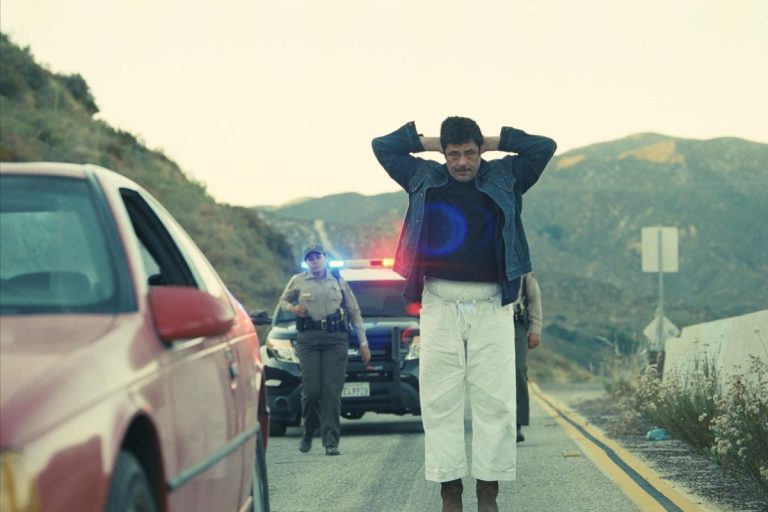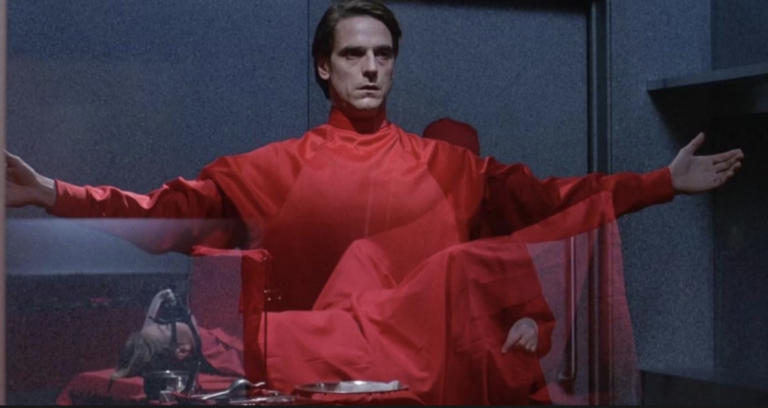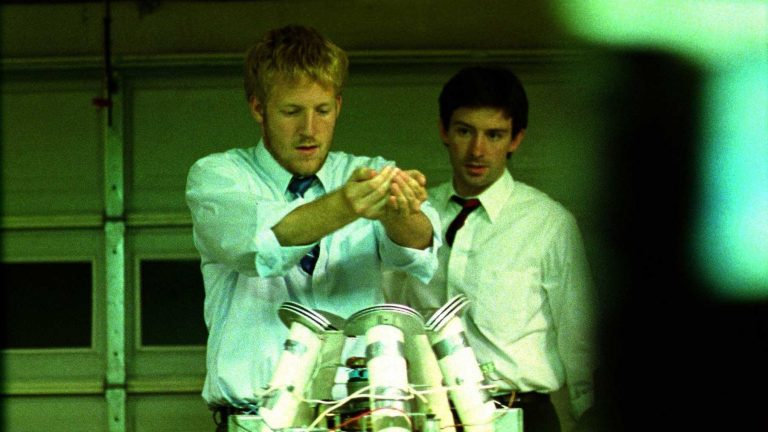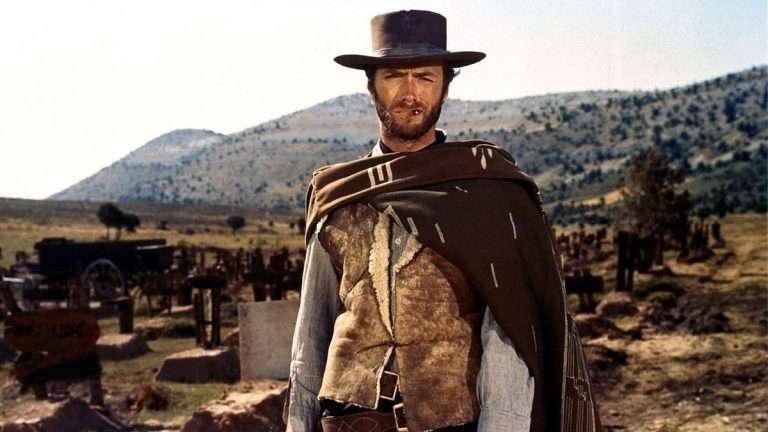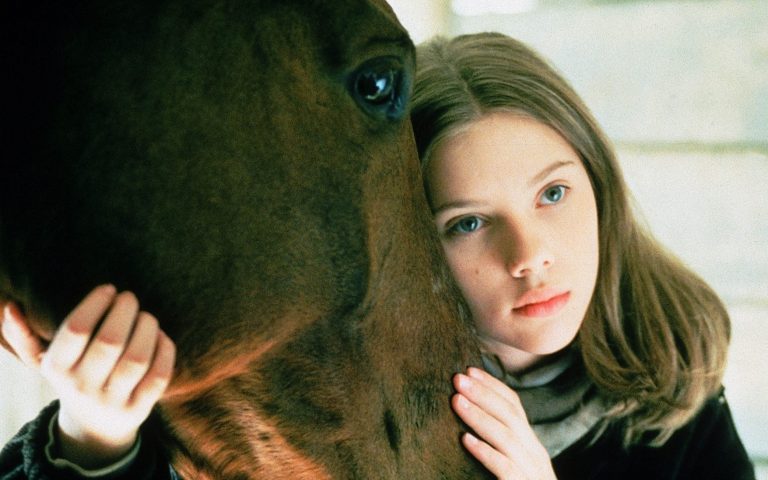Best Pro-Wrestling Movies: Professional wrestling is an exciting form of entertainment. It’s the eclectic blend of combat sports, live theatre, stunt choreography, and cirque-du-Soleil. Effectively, pro-wrestling is a comic book coming to life in the form of a male-oriented soap opera. It straddles both the worlds of sports and entertainment. For this reason, it has attained a reputation as a low-brow art form. Many misconstrue the idea of pro-wrestling as fake. Truthfully, it’s a storytelling format like any other visual medium, just that the endgame is delivered in a ring like most combat sports.
Stories in pro-wrestling can range from the most spartan battles of good and evil to complex meta feuds built off years of backstage turmoil. The storytelling nature of pro-wrestling, especially the duality of how it’s constructed behind the scenes and in the ring, makes it a compelling parallel to cinema. The rugged but enchanting glitz and glamour of pro-wrestling, especially at its heights, has delivered stories on both fronts that could rival the tales of Hollywood.
For that reason, despite the contempt with which the form is looked upon, pro-wrestling produces a delectable narrative point in many films. This fascination with the art form ranges from the regular biopic to profound character studies that dive into what makes pro-wrestling and pro-wrestlers such colorful individuals. To that effect, the ten films we will list here share intriguing, unified ideas and themes. Themes range from passion developing into obsession to identity conflicts between an individual and their alter-egos. Central to these films are individuals who exist on the fringes of civilization, oddballs unable to fit in with the norms of society.
For brevity’s sake, this list will not include documentaries or films of the legendary El Santo, as those could have their own lists. Rest assured, the following ten films are varied expressions of what makes pro-wrestling a divine form of art.
10. Kayfabe: A Fake Real Movie About A Fake Real Sport (2007)
There’s no better place to start understanding pro-wrestling than this little independent mockumentary. A camera crew follows the lives of the roster during the dying days of an independent wrestling promotion. The narrative is filled to the brim with a myriad of individuals one can find in wrestling promotions, both in character and outside of it. The angry old promoter misses the old days, the selfless locker-room leader who plays the top bad guy, the former big-time star desperate to get back to the big leagues, the lackey who does everything for the show, hoping to get his big break as a wrestler.
The best thing is that it is accessible, consistently providing definitions for the insider terms of the business and a look at how it operates. That extends to the film’s title, where “Kayfabe” means to keep up the illusion, i.e., all that happens in pro-wrestling is real. Despite ironically giving the viewer a peek into the inner workings via a fake documentary, the film feels deeply honest about the characters it nurtures through the journey. At its core, “Kayfabe” expresses, through tons of humor, how passion is the driving force behind pro-wrestling, especially on the independent circuit. Made by former pro-wrestlers, the film is undoubtedly a love letter to the craft of pro-wrestling.
9. Fighting with My Family (2019)
Despite a decade-long existence, WWE Studios (the movie branch of WWE) wouldn’t really delve into a wrestling story from its own backyard until this little gem in 2019. Of all their stories and journeys to adapt, on the surface, choosing that of a young female British wrestler who recently retired might seem odd. However, it provides an ample look into the inner workings of the modern wrestling landscape.
The film follows a young Saraya, AKA Paige (Florence Pugh), as she goes from wrestling at her famed family’s local promotion in Norwich to the bright lights of the WWE. Parallel to her own struggles, it charts the journey of the Knight Family, especially her brother Zak (Jack Lowden). He struggles to come to terms with being rejected by the biggest pro-wrestling promotion in the world. There’s a charming quality to the film as it uses a mix of sardonic British humor and a feel-good Hollywood family film template.
This extends to the clean look applied in the craft, fitting for a WWE-backed product. The film sanitizes the true story and experiences of the Knight family and their own company. WWE’s ties to the narrative showcase a polished product, especially in the wrestling portions. It takes shortcuts in detailing the rise of Paige, as one would expect from a biopic, but that also works in the narrative’s favor. This is particularly true as the film sells how her alternative persona also buoyed the rise of prominence for women in mainstream professional wrestling. Using this fascinating story of Saraya and the Knight family as the launching point of the Women’s revolution in WWE is perfect. Oddly, this is the only film on this list to feature a female protagonist as a pro-wrestler.
8. Nacho Libre (2006)
The world of pro-wrestling exists beyond the bubble of America and the WWE. The history of Lucha Libre (Mexican Pro-Wrestling) is rich and diverse across the changing landscape of Mexico. Lucha Libre is presented as its own wild style of pro-wrestling full of masked individuals whose detailed costumes speak to their character and culture. It is also intrinsically tied to cinema through the legacies of wrestlers and wrestling families, such as those of El Santo and Blue Demon.
“Nacho Libre” takes a Wes Anderson-style aesthetic approach in exploring this wild and wonderful world through the eyes of Friar Ignacio (Jack Black), a half-Mexican Catholic priest. It is partly based on the true story of Fray Tormenta, a Priest who moonlighted as a Luchador to support the orphanage financially he ran. The narrative follows Ignacio as he lives his dream of being a luchador, secretly fighting in small-time shows to make money to feed the orphans.
There’s a lot of juice in the conflict between Ignacio and Nacho (the wrestling persona he adopts), with the Catholic views on the underground world of pro-wrestling clashing. Director Jared Hess infuses this dramatic tension with his oddball sense of humor, and Jack Black provides the magic touch with a zany performance. There’s a buffoonish aspect to the pro-wrestling that embodies the comic book spirit of the form, especially with Lucha Libre. It’s the prime mash-up of tones one would expect from a Jared Hess comedy about the campy world of professional wrestling.
7. Night and the City (1950)
The gritty world of old-school pro-wrestling mixed with the grimy tone of a film noir is like the perfect recipe. Jules Dassin’s film isn’t as much about pro-wrestling as it is about using its history to explore the downfall of the typical film noir anti-hero. Harry Fabian’s (Richard Widmark) ambition and imagination always get the best of him, putting him and his long-suffering girlfriend, Mary Bristol (Gene Tierney), in big trouble. When he comes across the lucrative opportunity to take control of the underground British pro-wrestling scene, it seems like the perfect fit for his desires.
Like a classic film noir protagonist, Harry is punching above his weight. He just doesn’t know it yet. The narrative’s delight is watching a despicable but hard-working character slowly dig his grave. Inadvertently, the film creates the template arc for the average wrestling heel (bad guy). Harry exploits the talents of Gregorious the Great to his own cruel advantage. Gregorius is played by notorious Greco-roman wrestler Stanislaus Zbyszko, whose roots in wrestling are in conflict with the changing vision of theatrical pro-wrestling, an accurate premonition. This thematically parallels the ruthless ambitions of film noir heroes who struggled with the changing times of a cynical world.
Therefore, even though pro-wrestling is a mere showcase and backdrop in the film, it’s a perfect companion piece to the archetypal beats of the film noir narrative. Born from carnivals, pro-wrestling is an inherently flamboyant and cruel business, and Harry’s exploitation of it perfectly reflects the film’s setting and genre.
6. Cassandro (2023)
Identity is a crucial aspect of pro-wrestling. After all, the individuals who become pro-wrestlers are often expected to adopt an alter-ego to make it in the business. The basis of this is that as a storytelling medium, pro-wrestling requires characters that can reflect the personalities of those who embody them. Characters are often found to be colorful and larger than life, especially in the world of Lucha Libre. Lucha Libre provides an ironically freeing form for many individuals through the use of masks and make-up to cover identities. At the same time, wrestling is at a fascinating intersection between traditional values among its fan base and the empowerment characters provide through this expression of themselves.
For example, in Lucha Libre, there are Exoticos: luchadors who perform in drag. On one level, a derogatory view of pro-wrestlers adopting a feminine style defies the traditional macho role of the form as well as Mexican culture. The reasons Exoticos have a modicum of respect and a changed perception in the Lucha world comes down to Saul Armendariz (Gael Garcia Bernal), who wrestled under the ring name ‘Cassandro.’ Charting the beats of a typical biopic but with an operatic flair full of grand colors contrasted with the drab world of Mexico.
The screenplay takes a layered approach to the identity conflict, with Saul desperate to prove his mettle beyond being just a gay man. This is especially problematic since Exoticos are treated terribly by promoters and fans. Yet with the proper guidance, Saul flourishes when he embraces his real self and becomes Cassandro. The rise of this legendary Luchador is explored with cinematic genius. The downright murky aesthetic of the wrestling in underground areas becomes magical and bombastic once Cassandro makes it big and changes Lucha Libre forever.
5. My Dad is A Heel Wrestler (2018)
From Mexico to Japan, pro-wrestling, while unified in form, has an altogether different language depending on the country and its roots in the medium. In Japan, kayfabe is held up with sanctity. Fans, especially children, naturally love the good guys known as ‘Babyfaces’ and hate the cheating bad guys known as ‘Heels.’ In that regard, this film is an interesting post-modern take on the Japanese Pro-Wrestling phenomenon (known as ‘Puroresu’).
Starring New Japan Pro-Wrestling’s (NJPW) iconic babyface Hiroshi Tanahashi, the film casts him as the dastardly Cockroach Mask. Cockroach Mask cheats in his matches, and he is never able to win the right way. At one time, he was Takashi Omura, the biggest hero in all of Lion Pro Wrestling, until a severe injury derailed his career. When Omura’s son discovers his father is a Cockroach Mask, he is embarrassed, and this causes a rift in the sweet father-son bond.
The relationship between father and son provides the dramatic heft of this sweet little film. The delightful aspect here is seeing the filmmaker use elements from footage of superstars and shows of NJPW to craft the wrestling portions of the film. For any fan of NJPW and wrestling, it’s a bonanza on top of the endearing story. The story is told from the perspective of the young boy. Thus, the idea of the passion that drives Omura to do his job to the best of his abilities becomes a lovely message-driven tale. “My Dad is A Heel Wrestler” is a great palette cleanser for pro-wrestling movies that generally condemn the passion of its performers.
4. The Peanut Butter Falcon (2019)
Carrying forward the lightheartedness of the previous entry on the list, “The Peanut Butter Falcon” is a charming road movie of friendship and perseverance. The film speaks to the all-inclusive nature of pro wrestling and the dreamers that inhabit its world. Writer-director Tyler Nilson and Michael Schwartz wrote the film specifically for their leading star, Zack Gottsagen, a young man with Down syndrome.
Zack plays a fictionalized version of himself called Zak, looking to escape the care facility where he is trapped. He is determined to head down to North Carolina to train to become a pro-wrestler under his idol, the Salt Water Redneck (Thomas Haden Church). On this journey, he runs across Tyler (Shia LaBeouf) on the run from his crooked rivals, and together, they embark on a quest. Later, Zak’s caretaker, Eleanor (Dakota Johnson), joins them, hoping to fulfill Zak’s dream.
Pro-wrestling and the hope it holds binds together these lost, broken people to rediscover life beyond their confined prisons, both real and metaphorical. Despite the constant peril of the road ahead, the slice-of-life approach to the film gives it that magical touch of rural Americana. Zack as Zak is the binding force of the narrative, winning the viewers’ hearts with the strength and passion one expects from a pro-wrestler. The wrestling portions are few and far between, but the training Tyler provides Zak becomes life lessons of survival and fulfillment. Cameos by legendary wrestlers such as Jake Roberts and Mick Foley add to the endearing attraction of this sweet indie film.
3. The Iron Claw (2023)
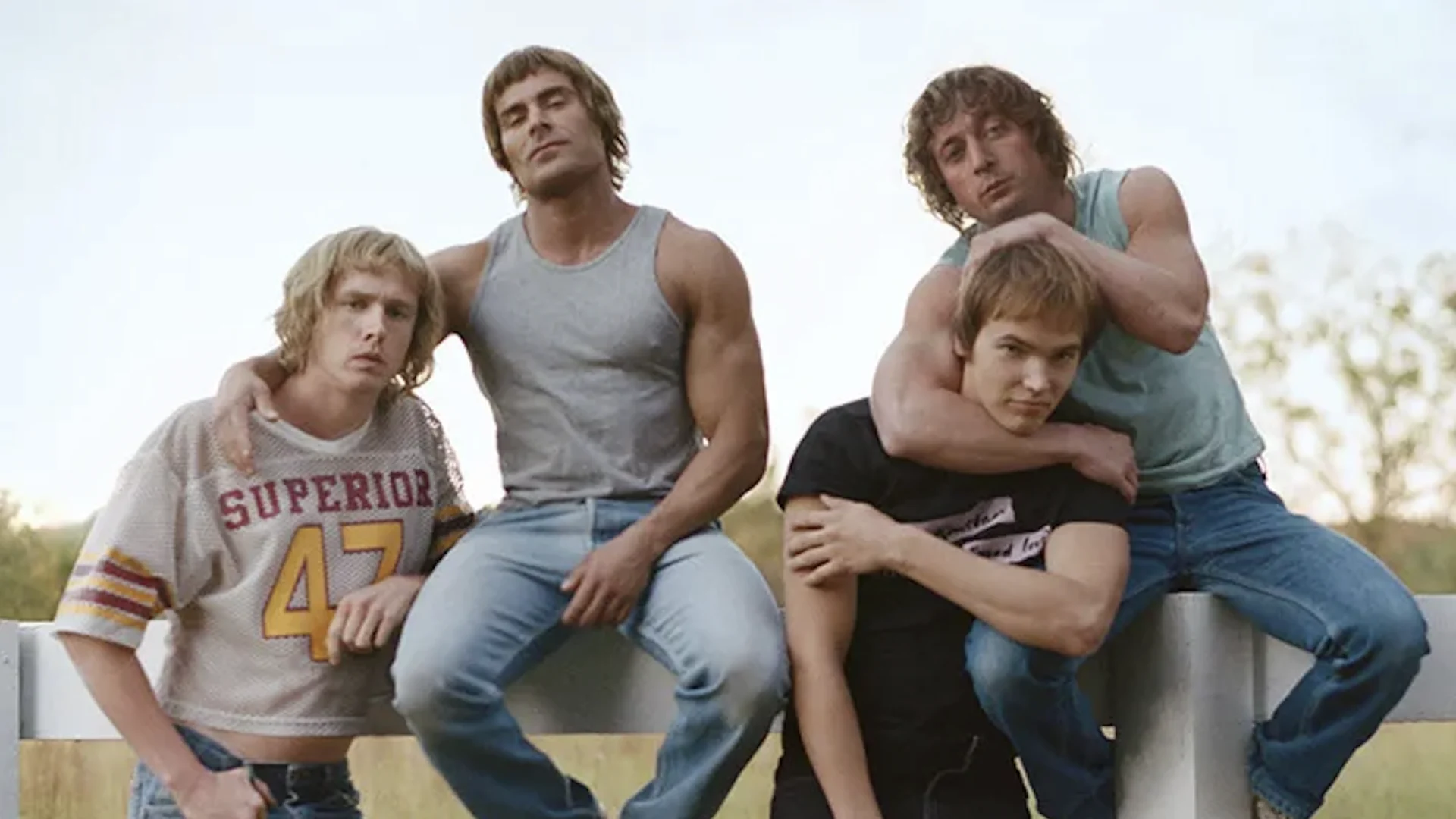
The latest addition to this sub-genre is a biographical take on a tragic and sordid chapter of wrestling history. Detailing the rise and fall of the infamous Von Erich wrestling family, the film chronicles the perspective of the eldest and only living son, Kevin Von Erich (Zac Effron). At the dawn of the 80s, the Von Erichs are slowly becoming the Beatles of the Texas Pro-Wrestling scene. Their father, Fritz Von Erich (Holt McCallany), is a former wrestler and the current World Class Championship Wrestling (WCCW) promoter, and his sons are all wrestlers. Despite hailing from such a vaunted family, the Von Erichs are said to be suffering a curse that eats away at the family and its fortunes. Fritz hopes to overcome this curse by making his sons the best in the business, including winning the World Championship from the National Wrestling Alliance.
It’s a story steeped in the rich lore of the territorial days of pro-wrestling before the WWE (then WWF) overtook the system. The narrative brushes past major milestones in the history of the sport and the Von Erichs as each of Kevin’s brothers is wrangled into the business. The legendary curse is used as a device to detail how Fritz’s obsession with the championship pushes his young boys into the abyss of death and darkness.
Thematically, the film delves into the ideas of troubling masculinity in the pro-wrestling world, looking at it through the lens of family tragedy. It’s a shame the film didn’t make as many waves for nominations for this year’s Academy Awards, especially for its range of powerful performances. For a detailed picture of the story, one can watch the documentary series “The Dark Side of the Ring” and its episode on the Von Erich family. The aesthetic choices writer-director Sean Durkin makes, particularly in the wrestling scenes, are inspired by this series. Durkin was forced to compact this grand epic into a single film for brevity’s sake, but it loses none of its dramatic potency.
2. The Foul King (2000)
Heels just have the better characters when it comes to pro-wrestling. Where babyfaces are generally cut from the same cloth of clean goodness, heels have a more comprehensive range of motivations and archetypes to perform. They are also far more bombastic in their personalities. This element is what Kim Jee-woon uses to his advantage, creating a compelling contrast in the identities of his protagonist and the wrestler he embodies: the villainous ‘Foul King.’ The irony is a device that Kim Jee-woon utilizes in his films to a strong effect. His protagonist, Im Dae-ho (Song Kang-ho), is a mild-mannered bank clerk relentlessly bullied by his boss. Desperate to find a way out of his humdrum life, Dae-ho comes across wrestling training and embodies his role as a crooked bad guy—this difference between his passive real self and bold alter-ego results in a fine coming-of-age and empowerment story.
The screenplay’s dark comedy tone gives the film its unique flavor. The wrestling sequences have a surreal quality to them, thanks to Dae-ho’s dreamy wishes. The film acts as a character study, reinforcing the empowering ideologies of the sport. It’s a fun, violence-filled romp shouldered by Kang-ho’s magnificent performance. Kang-ho not only delivers a master class in embodying the physicality of an aspiring wrestler but also enhances the comedy with his Chaplin-styled slapstick humor. It makes the viewing experience delightful to see this buffoon rise and fall while hamming it up as the worst bad guy in Pro-Wrestling.
1. The Wrestler (2008)
There could be only one film deserving of the number one spot: Darren Aronofsky’s “The Wrestler” embodies everything that drives the cruel passion of the art form and its performers. One could easily mistake “The Wrestler” for a biographical film. The plot beats could reflect the journey of the many pro-wrestlers throughout the sport’s history. The film follows Randy ‘The Ram’ Robinson (Mickey Rourke), a once megastar in the business. Randy is now a shell of his former self, pushing his broken body to its limits as he wrestles in small shows for small crowds. When an incident forces him into retirement, Randy spirals through an existential crisis. Randy is forced to choose between reconciliation with his estranged daughter or returning to the ring for one glorious moment at the risk of death.
Never say never is the sad running joke in wrestling, the idea that once retired pro wrestlers are bound to return to the ring. The spotlight and the rabid love of a live crowd have its own intoxicating allure that even Randy can’t escape. Passion, which thrust Randy into the sport, becomes an obsession, much like the drugs he takes to numb his pain from the physical toll it takes on his body. Aronofsky brilliantly details this addiction through his meticulous craft. When Randy makes his way through the back area of the grocery store he works at, the sounds echo the energetic backstage environment at a wrestling show. All that is stolen in one instant when he passes the curtains to begin his work-a-day life. Mickey Rourke turns in a heartbreaking performance as a man who cannot live with himself beyond the identity of the wrestler.
As sordid as the journey is, when Randy takes on an iconic rival in a rematch, one senses what this passion means to the performers. Despite the warnings and exhaustion, when Randy takes a final leap from the top to deliver his finishing move, the film echoes the bittersweet nature of such individuals. No film quite captures the sad but beating heart of pro-wrestlers and the art form of pro-wrestling like “The Wrestler.”
